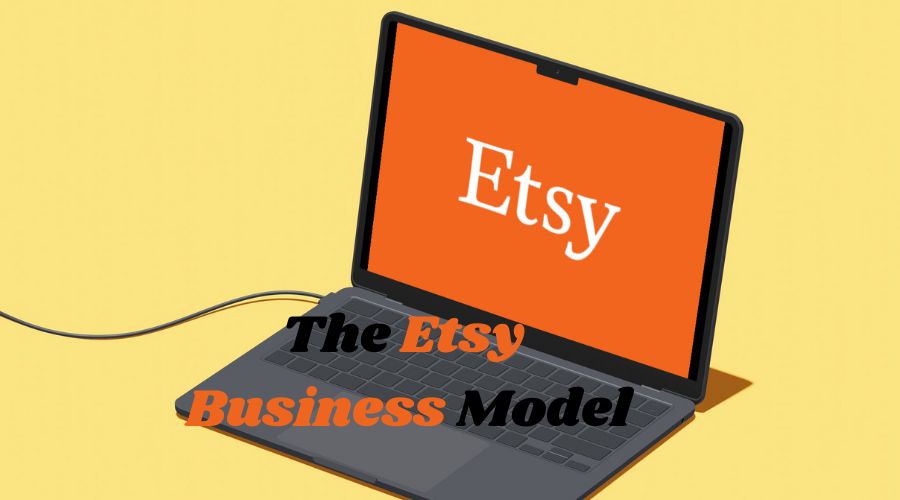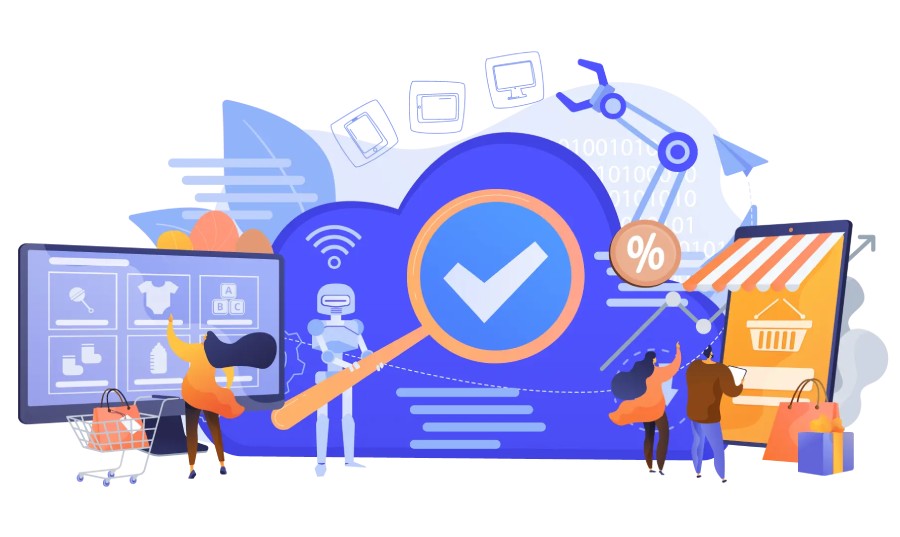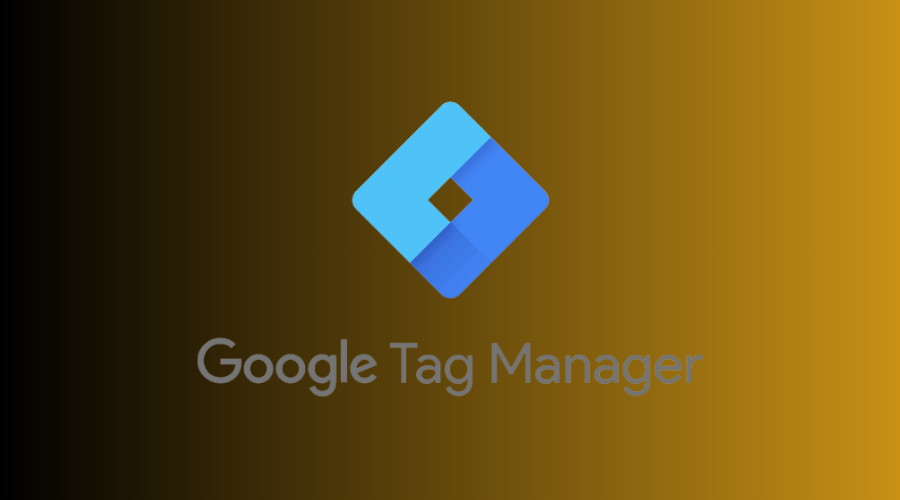
3 Questions To Ask Your Website Developer To Ensure Cloud Security
These days, it doesn’t take much experience to build a stunning website using a platform like WordPress. Templates are cheap and easy to install, and you don’t need any technical skills. This is great news for business owners who want to build their own websites, but it can be bad news when you’re looking to hire a website developer.
Self-taught developers who only know WordPress frequently get in over their heads with client projects because they don’t know how to manage cybersecurity. There’s nothing wrong with self-taught developers, but if your self-taught developer lacks cybersecurity expertise, you’re asking for trouble.
Your Website Developer Needs Experience With Cybersecurity
Cybercrime has reached an all-time high; attacks are more frequent than they’ve ever been throughout the entire history of the internet. For example, TechJury reported that by 2020, ransomware attacks had grown by 150%, and as of 2021, 30,000 websites are hacked each day. Many of these attacks are perpetrated against misconfigured cloud file storage platforms.
The main problem is that inexperienced developers often set up servers and various cloud accounts for their clients without fully securing the configurations. Cloud security is critical to have done right the first time.
Cloud Security Is Your Developer’s Responsibility
Some inexperienced website developers think cloud security is not their responsibility and that if a platform has a reputation for being secure, that’s enough. However, cloud security works on a shared responsibility model. Box.com – a leader in secure cloud file storage – explains why cloud security is important and outlines how the shared responsibility model works. While providers can secure their servers, it’s ultimately up to the customer to properly configure their accounts.
If you’re hiring a developer to create your website and help you move your business to the cloud, you need to make sure they’ve got cloud security handled. Here are three questions to ask potential developers before signing that contract.
-
Is Cybersecurity Included In Your Development Package?
Cybersecurity should be part of the development process, but many inexperienced developers have not integrated cybersecurity into their process. If cybersecurity isn’t included in a developer’s package, find a different developer.
You should never have to pay extra for a developer to secure your website or cloud accounts. If a developer sets up a cloud account for you, they should be responsible for securing it from top to bottom. This applies especially to file storage accounts where you’ll upload proprietary information, trademarked secrets, financial data, and customer/client information.
-
How Are You Going To Secure My Website And Cloud Accounts?
Always ask your developer how they plan to secure your digital presence online. An experienced website developer will appreciate being asked how they plan to secure your website and associated cloud accounts. They’ll know you won’t understand the technical jargon, but they’ll be happy to explain things in terms you can understand.
Misconfigured cloud accounts make up about one-fifth of all data breaches. Make sure to ask your developer if they will enable the proper configurations for any cloud accounts they set up for you. If your security settings aren’t configured properly, your sensitive files could end up publicly accessible. To go one step further, ask for documentation that documents every setting they enable or disable. If they can’t provide this documentation, find another developer.
-
Where Did You Learn Cybersecurity Best Practices?
This is perhaps the most important question to ask. By asking where a potential developer learned cybersecurity best practices, you’re essentially asking for the source of their credentials. It’s not enough to ask for certifications. You need to know if they went to an online university, attended a community college, picked up tips on YouTube, or took a self-paced course on Udemy.
In many industries, being self-taught is perfectly acceptable. However, when it comes to cybersecurity, a self-taught person will usually lack experience. Experience with cybersecurity is necessary to get it right.
It’s possible for people to learn cybersecurity basics from an online course. However, don’t be immediately impressed by a “cybersecurity certificate.” Most certificates are simply a fancy way of labeling a course completion. Anyone can take a course online and “become certified,” but that doesn’t mean that person has real-world experience. You don’t want to hire a developer without real-world cybersecurity experience.
Take Cloud Cybersecurity Seriously
Take cloud security as seriously as you do your website design. You want your website to look good, but it also needs to be secure. Don’t be afraid to ask potential developers hard questions. If they really know cybersecurity, they’ll be happy to answer all of your questions.

The Etsy Business Model: How Does Etsy Make Money?

How eCommerce Solutions Are Revolutionizing the Way We Do Business?

How to Protect Your Personal Data Online

6 Tips for Being a Successful Fleet Manager

How Should you Analyse Competitors Social Media Strategies




